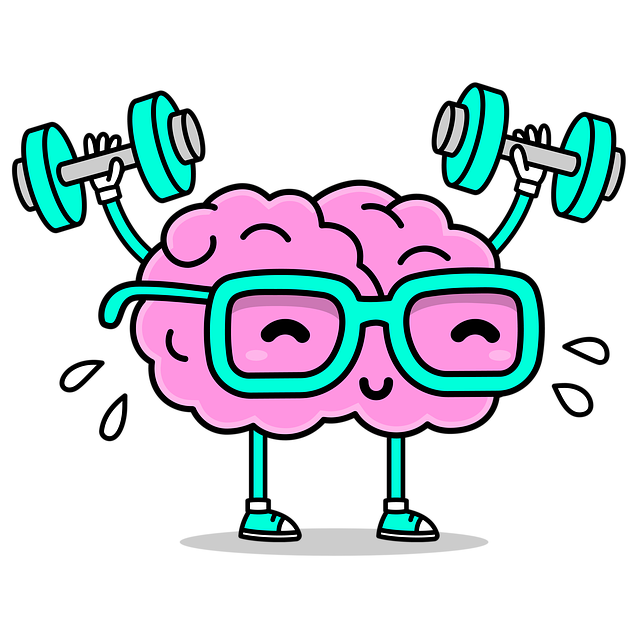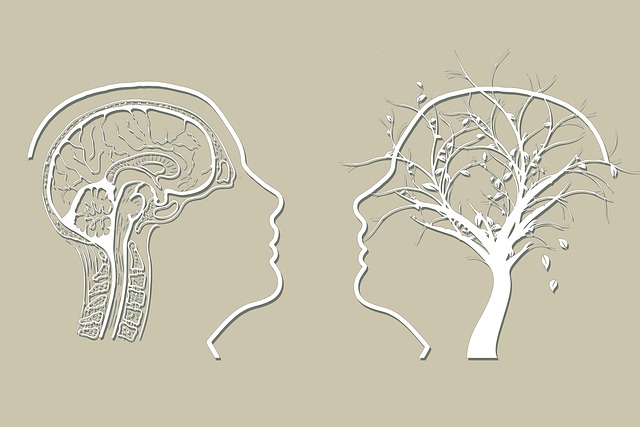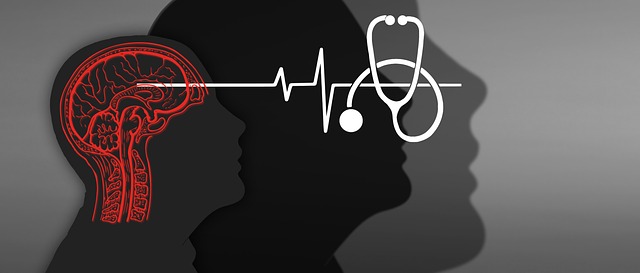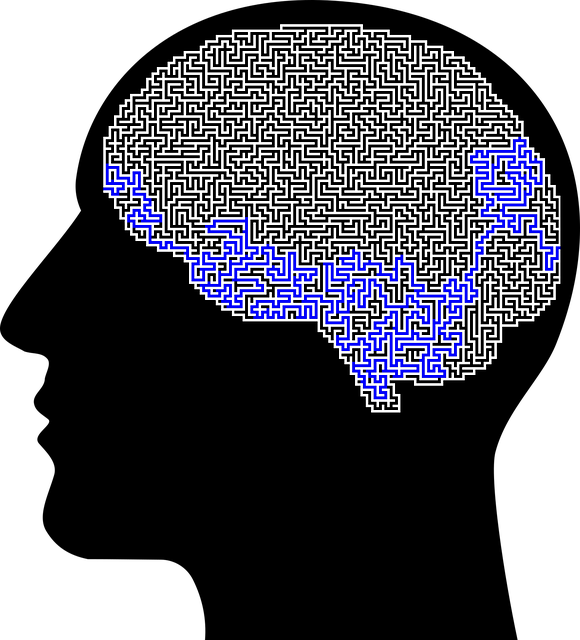Social Skills training is crucial for individuals with mental health conditions like anxiety, depression, or autism, helping them navigate social situations, build relationships, and improve well-being. Incorporating American Sign Language (ASL), particularly Golden ASL Therapy, offers a unique method for those struggling with verbal communication due to trauma or anxiety. This therapy combines traditional ASL instruction with mental health support, aiming to reduce stigma, enhance emotional regulation, and provide effective stress reduction techniques through non-verbal communication, ultimately improving overall well-being. Professionals should be trained in crisis intervention and risk assessment to effectively address social skill deficiencies.
Social skills training is a powerful tool for managing mental health conditions, fostering connections, and improving overall well-being. This article explores the intricate relationship between social interactions and mental health, with a unique focus on Golden American Sign Language (ASL) therapy as a comprehensive approach. By understanding the impact of social skills, we uncover how ASL can revolutionize support systems, enhance communication, and provide a game-changer for individuals navigating mental health challenges.
- Understanding Social Skills and Their Impact on Mental Health
- The Role of American Sign Language (ASL) in Social Skills Training
- Golden ASL Therapy: A Comprehensive Approach for Effective Support
Understanding Social Skills and Their Impact on Mental Health

Social skills are essential aspects of human interaction and play a significant role in our mental well-being. They encompass a range of abilities that enable us to connect, communicate, and build relationships with others. For individuals living with mental health conditions, understanding and developing these skills can be transformative. Social Skills training focuses on teaching individuals how to navigate social situations effectively, fostering meaningful connections, and enhancing their overall quality of life. This is particularly crucial for those who experience challenges in expressing emotions, interpreting social cues, or engaging in conversations due to conditions such as anxiety disorders, depression, or autism spectrum disorder.
By learning effective communication strategies, practicing active listening, and adopting appropriate non-verbal cues, individuals can improve their social interactions. For instance, Golden American Sign Language (ASL) Therapy offers a unique approach to enhancing social skills by providing an alternative means of communication for those who find verbal expression difficult. Incorporating self-care practices, such as mindfulness and stress management techniques, alongside social skills training, can further support mental health recovery. Moreover, mental health professionals should be equipped with crisis intervention guidance and risk assessment tools to ensure they can recognize and address social skill deficiencies in their clients effectively.
The Role of American Sign Language (ASL) in Social Skills Training

Incorporating American Sign Language (ASL) into social skills training offers a unique and powerful approach to enhancing communication and interaction for individuals with mental health conditions. As a visual-spatial language, ASL provides an alternative mode of expression that can be particularly beneficial for those who struggle with verbal communication due to anxiety, trauma, or other mental health challenges. This method allows them to convey their thoughts, feelings, and needs more effectively, fostering better social connections and overall well-being.
The Golden American Sign Language Therapy is a revolutionary practice that combines traditional ASL instruction with mental health support. By teaching individuals to use ASL as a stress reduction method, these healthcare providers aim to combat the Mental Illness Stigma Reduction Efforts while also implementing Burnout Prevention Strategies for Healthcare Providers. Through non-verbal communication, participants can build confidence in social settings, leading to improved emotional regulation and better coping mechanisms.
Golden ASL Therapy: A Comprehensive Approach for Effective Support

Golden American Sign Language (ASL) Therapy offers a comprehensive approach to supporting individuals with mental health conditions, focusing on both communication and emotional well-being. This unique therapy leverages the power of ASL not only as a language but as a tool for stress management and building empathy. By incorporating ASL into traditional therapeutic practices, this method creates an inclusive environment that caters to the specific needs of its users, fostering better engagement and deeper connections.
The benefits are multifaceted: it enhances communication skills, reduces social anxiety often associated with mental health issues, and provides effective stress reduction methods tailored to non-verbal individuals. Through interactive sessions, clients learn valuable empathy building strategies, enabling them to navigate social interactions more comfortably. Golden ASL Therapy thus offers a holistic solution, addressing both the linguistic and emotional aspects of mental healthcare.
Social skills training is a powerful tool for improving mental health outcomes, and incorporating Golden American Sign Language (ASL) therapy offers a unique and effective approach. By understanding the impact of social communication on mental well-being, we can develop comprehensive programs like Golden ASL Therapy to support individuals with various conditions. This method not only enhances social interactions but also fosters a sense of belonging and self-expression, ultimately contributing to improved mental health and overall quality of life.








